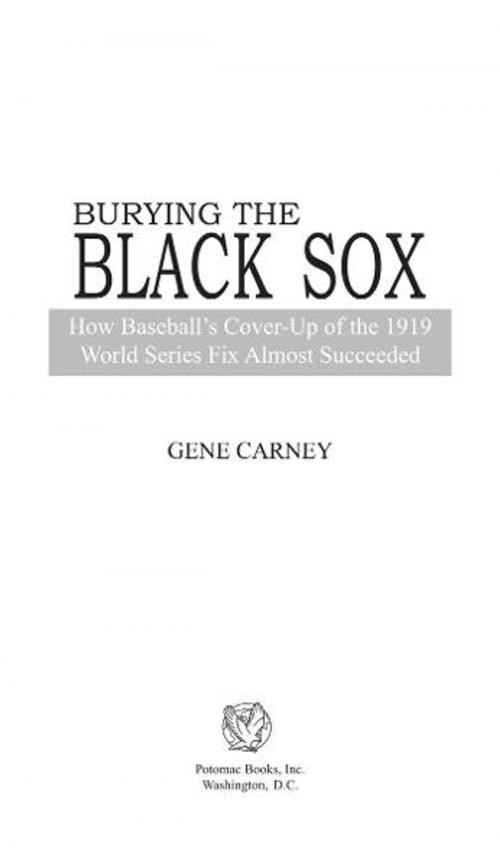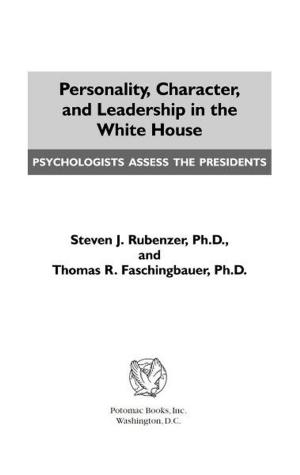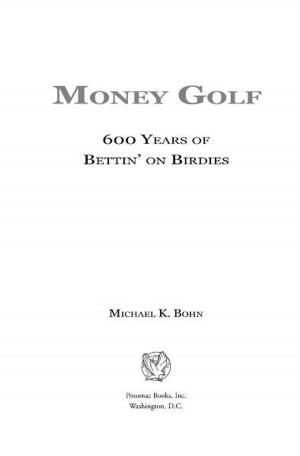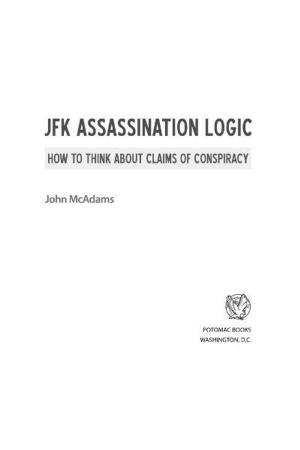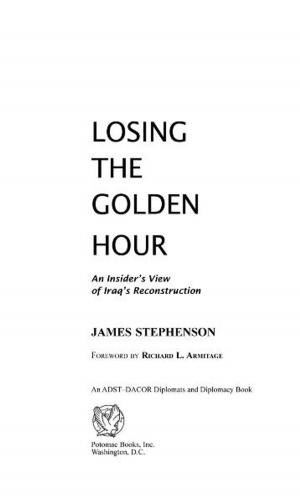| Author: | Gene Carney | ISBN: | 9781597973519 |
| Publisher: | Potomac Books Inc. | Publication: | February 27, 2006 |
| Imprint: | Potomac Books Inc. | Language: | English |
| Author: | Gene Carney |
| ISBN: | 9781597973519 |
| Publisher: | Potomac Books Inc. |
| Publication: | February 27, 2006 |
| Imprint: | Potomac Books Inc. |
| Language: | English |
Most fans today know that gamblers and ballplayers conspired to ôfixö the 1919 World Seriesùthe Black Sox Scandal. It has been touched upon in classic works of sports history such as Eliot AsinofÆs Eight Men Out, referred to in literary classics like W. P. KinsellaÆs Shoeless Joe, and has been central to two of the best baseball movies ever made, John SaylesÆs Eight Men Out and Phil RobinsonÆs Field of Dreams.
Many, however, would be surprised to learn that it took nearly a year to uncover the fix. Burying the Black Sox is the first book to focus on the cover-up that kept the fix from the American public until almost another whole baseball season was played, and to examine in detail the way events unfolded as the deception was unraveled. Unlike Eliot Asinof in Eight Men Out, previously the definitive book on the subject, Carney thoroughly documents his information and brings together evidence from a wide variety of sources, many not available to Asinof or more recent writers.
In Burying the Black Sox, Gene Carney reveals what else happened and answers the questions that fascinate any baseball fan wondering about baseballÆs original dilemma over guilt and innocence. Who else in baseball knew that the fix was in? When did they know? And what did they do about it? Carney explores how Charles Comiskey, the owner of the White Sox, and his fellow owners tried to bury the incident and control the damage, how the conspiracy failed, and how ôShoelessö Joe Jackson attempted to clear his name. He uses primary research materials that werenÆt available when Asinof wrote Eight Men Out, including the 1920 grand jury statements by Jackson and pitcher Eddie Cicotte, the diary of ComiskeyÆs secretary, and the transcripts of JacksonÆs 1924 suit against the Sox for back pay. Where Asinof told the story of the eight ôBlack Sox,ö Carney explains the baseball industryÆs uncertain response to the scandal.
Many, however, would be surprised to learn that it took nearly a year to uncover the fix. Burying the Black Sox is the first book to focus on the cover-up that kept the fix from the American public until almost another whole baseball season was played, and to examine in detail the way events unfolded as the deception was unraveled. Unlike Eliot Asinof in Eight Men Out, previously the definitive book on the subject, Carney thoroughly documents his information and brings together evidence from a wide variety of sources, many not available to Asinof or more recent writers.
In Burying the Black Sox, Gene Carney reveals what else happened and answers the questions that fascinate any baseball fan wondering about baseballÆs original dilemma over guilt and innocence. Who else in baseball knew that the fix was in? When did they know? And what did they do about it? Carney explores how Charles Comiskey, the owner of the White Sox, and his fellow owners tried to bury the incident and control the damage, how the conspiracy failed, and how ôShoelessö Joe Jackson attempted to clear his name. He uses primary research materials that werenÆt available when Asinof wrote Eight Men Out, including the 1920 grand jury statements by Jackson and pitcher Eddie Cicotte, the diary of ComiskeyÆs secretary, and the transcripts of JacksonÆs 1924 suit against the Sox for back pay. Where Asinof told the story of the eight ôBlack Sox,ö Carney explains the baseball industryÆs uncertain response to the scandal.
Most fans today know that gamblers and ballplayers conspired to ôfixö the 1919 World Seriesùthe Black Sox Scandal. It has been touched upon in classic works of sports history such as Eliot AsinofÆs Eight Men Out, referred to in literary classics like W. P. KinsellaÆs Shoeless Joe, and has been central to two of the best baseball movies ever made, John SaylesÆs Eight Men Out and Phil RobinsonÆs Field of Dreams.
Many, however, would be surprised to learn that it took nearly a year to uncover the fix. Burying the Black Sox is the first book to focus on the cover-up that kept the fix from the American public until almost another whole baseball season was played, and to examine in detail the way events unfolded as the deception was unraveled. Unlike Eliot Asinof in Eight Men Out, previously the definitive book on the subject, Carney thoroughly documents his information and brings together evidence from a wide variety of sources, many not available to Asinof or more recent writers.
In Burying the Black Sox, Gene Carney reveals what else happened and answers the questions that fascinate any baseball fan wondering about baseballÆs original dilemma over guilt and innocence. Who else in baseball knew that the fix was in? When did they know? And what did they do about it? Carney explores how Charles Comiskey, the owner of the White Sox, and his fellow owners tried to bury the incident and control the damage, how the conspiracy failed, and how ôShoelessö Joe Jackson attempted to clear his name. He uses primary research materials that werenÆt available when Asinof wrote Eight Men Out, including the 1920 grand jury statements by Jackson and pitcher Eddie Cicotte, the diary of ComiskeyÆs secretary, and the transcripts of JacksonÆs 1924 suit against the Sox for back pay. Where Asinof told the story of the eight ôBlack Sox,ö Carney explains the baseball industryÆs uncertain response to the scandal.
Many, however, would be surprised to learn that it took nearly a year to uncover the fix. Burying the Black Sox is the first book to focus on the cover-up that kept the fix from the American public until almost another whole baseball season was played, and to examine in detail the way events unfolded as the deception was unraveled. Unlike Eliot Asinof in Eight Men Out, previously the definitive book on the subject, Carney thoroughly documents his information and brings together evidence from a wide variety of sources, many not available to Asinof or more recent writers.
In Burying the Black Sox, Gene Carney reveals what else happened and answers the questions that fascinate any baseball fan wondering about baseballÆs original dilemma over guilt and innocence. Who else in baseball knew that the fix was in? When did they know? And what did they do about it? Carney explores how Charles Comiskey, the owner of the White Sox, and his fellow owners tried to bury the incident and control the damage, how the conspiracy failed, and how ôShoelessö Joe Jackson attempted to clear his name. He uses primary research materials that werenÆt available when Asinof wrote Eight Men Out, including the 1920 grand jury statements by Jackson and pitcher Eddie Cicotte, the diary of ComiskeyÆs secretary, and the transcripts of JacksonÆs 1924 suit against the Sox for back pay. Where Asinof told the story of the eight ôBlack Sox,ö Carney explains the baseball industryÆs uncertain response to the scandal.
